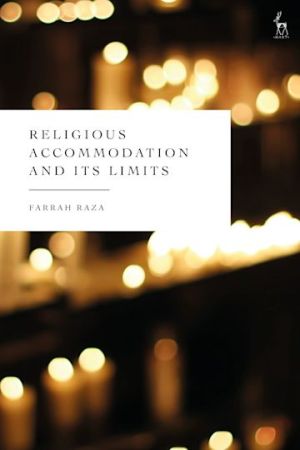
p>When does religious accommodation undermine the autonomy of others? On what grounds should religious accommodation claims be limited?
This book offers an original model of religious accommodation which can be applied in practice in secular liberal democracies where religious diversity continues to pose various challenges. Firstly, the book makes a case for religious accommodation by addressing the key normative challenges raised by religious claims. Secondly, it offers a typology of how religious claims can be managed and limited through the careful balancing of competing interests. The author draws on case study examples from jurisdictions subject to the European Court of Human Rights and the European Union's Court of Justice such as the UK, Germany and France.
The result is a timely contribution to the debate on how a legal duty or policy approach in favour of religious accommodation can be applied in practice. Moreover, the proposed model offers criteria that can be used to guide the implementation of equality policies in contexts such as employment and education. The book will be of interest to academics, legal practitioners and policy-makers.